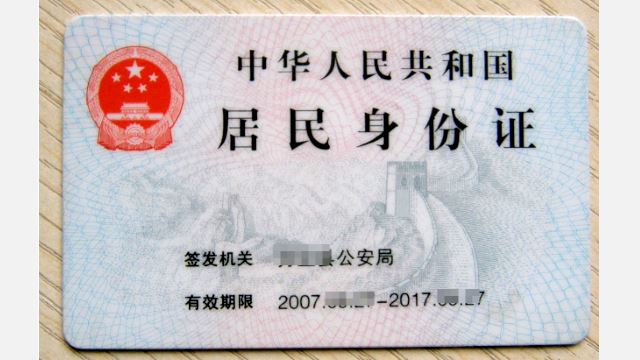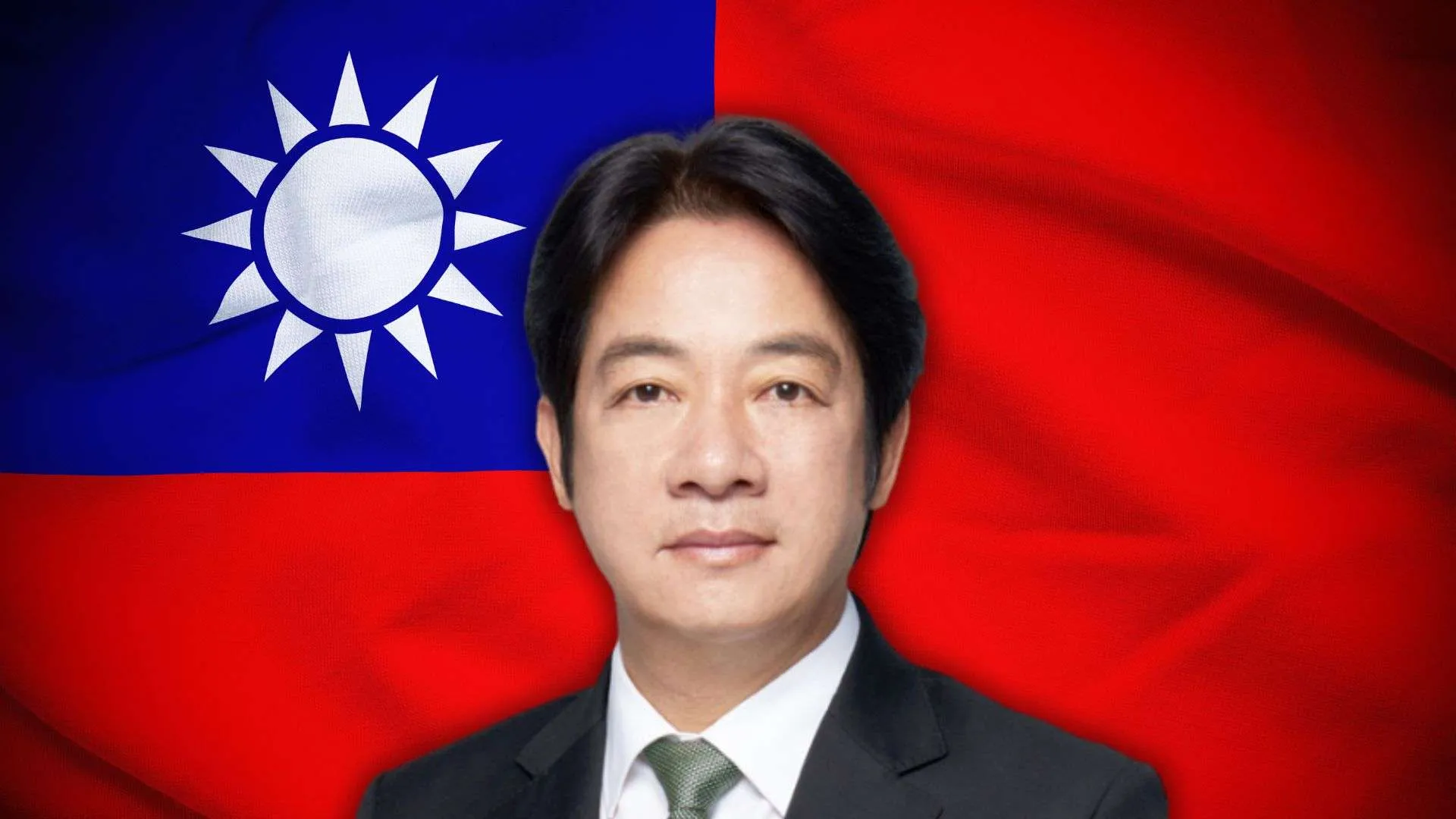According to MAC Minister Chiu Chui-cheng, Beijing’s approach aims to convert Taiwanese citizens into Chinese nationals, potentially providing justification for future military actions against Taiwan.
The issue arose from a recent interview on YouTube, where Pa Chiung spoke with Lin Jincheng, the head of the Taiwan Youth Entrepreneurship Park in Quanzhou, China. Lin alleged that over the past decade, 200,000 Taiwanese individuals have obtained Chinese identification cards.
Chiu responded with caution, stating that the government cannot independently verify these claims but assured that the situation would be managed carefully. He noted that in the last ten years, 679 Taiwanese have had their documents revoked after acquiring Chinese IDs or passports.
Chiu also cautioned Taiwanese citizens about the lack of personal data protection in China and advised them against applying for Chinese IDs. In reaction, Taiwan’s Ministry of the Interior has instructed local offices to address cases involving officials with Chinese nationality according to Taiwanese laws. They have identified five such cases, which are being processed under the Nationality Act and Household Registration Act, as reported by the Taipei Times.
The Ministry clarified that under Taiwanese law, Chinese nationals marrying Taiwanese citizens must renounce their foreign citizenship to engage in politics. This rule recently led to the dismissal of former Nantou County Councillor Shi Xueyan, who did not renounce her Chinese nationality within the required year after taking office.
Minister of the Interior Liu Shyh-fang explained that this regulation ensures that elected officials possess only Taiwanese citizenship, and non-compliance results in removal from office. The Ministry has issued multiple reminders regarding this requirement.
The Chinese Nationalist Party (KMT) criticized the government’s actions, claiming it infringes on the political rights of 300,000 Chinese spouses. KMT Legislator Weng Hsiao-ling argued that individuals from China should also be recognized as Taiwanese nationals, suggesting that revoking public office rights represents an unconstitutional “two-state theory.”
In contrast, MAC Deputy Minister Liang Wen-chieh dismissed these claims, stating that the government’s actions align with legal standards, according to the Taipei Times.
The Democratic Progressive Party (DPP) continues to advise the public against sharing personal information with China, highlighting concerns over sensitive biometric data, such as fingerprints and facial recognition, needed for Chinese residency applications.



